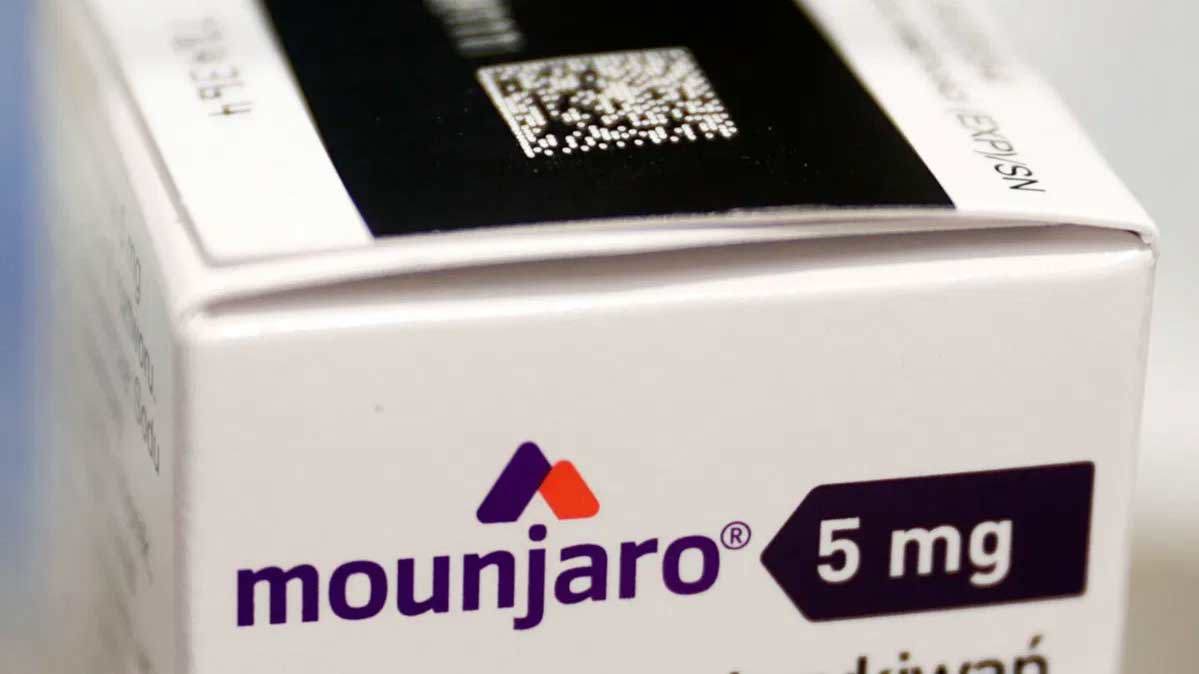A new medication previously only approved for diabetes has been given the green light to treat obesity by the Therapeutic Goods Administration.
The decision, made yesterday, follows the similar approval of Mounjaro in the UK and USA for obesity treatments.
Mounjaro, which contains the active ingredient tirzepatide, is not supposed to be used for cosmetic weight loss.
LIVE UPDATES: Mayhem in Melbourne as police clash with anti-war protesters
It has been approved only for chronic weight management in people with obesity or who are overweight with a related health condition – such as high blood pressure, high cholesterol, heart disease, prediabetes or sleep apnoea.
Mounjaro was first made available in Australia in September last year for the treatment of diabetes.
Like weight loss drug Ozempic, demand quickly outstripped supply, with pharmaceutical company Eli Lilly issuing an alert in November about shortages of the drug due to "unexpected demand".
The TGA noted that, as with Ozempic, Mounjaro was indicated for the treatment of type 2 diabetes but was being prescribed "off label at high levels to manage weight loss".
Eli Lilly said at the time that limited availability of all doses of Mounjaro was expected to continue throughout 2024.
However, a spokesperson for Eli Lilly said that while two doses of the vials (used as the drug's original method of delivery) were out of stock, its KwikPen was in stock and could be used as a replacement.
"There is adequate stock to meet current demand," the spokesperson said.
Mounjaro is not and the cost of the medication starts from $395 per month.
READ MORE: Killer bus driver 'ashamed' for committing 'ultimate sin'
Clinical trials sponsored by Eli Lilly found obese patients lost up to 20 per cent of their body weight when taking the highest doses of the drug.
However, three common side-effects have been associated with the medication; diarrhoea, nausea and vomiting.
Other rare, but serious, side effects included in warnings for the drug are acute pancreatitis and gall bladder disease.
Associate Professor Samantha Hocking from the Charles Perkins Centre, University of Sydney, said some people living with obesity ultimately needed medication to help improve their health.
"Eating less and moving more are simply not enough to help many people achieve a healthier weight long term. By challenging over-simplified and outdated views, we can remove the unnecessary blame that is often assigned to excess weight," Hocking said.
"We know that excess weight increases a person's risk of at least 30 diseases, including cancer, heart disease and type 2 diabetes.
"Even a five per cent reduction in weight can lower a person's risk of obesity-related complications, including type 2 diabetes and heart disease risk factors, such as high blood pressure and high cholesterol."




